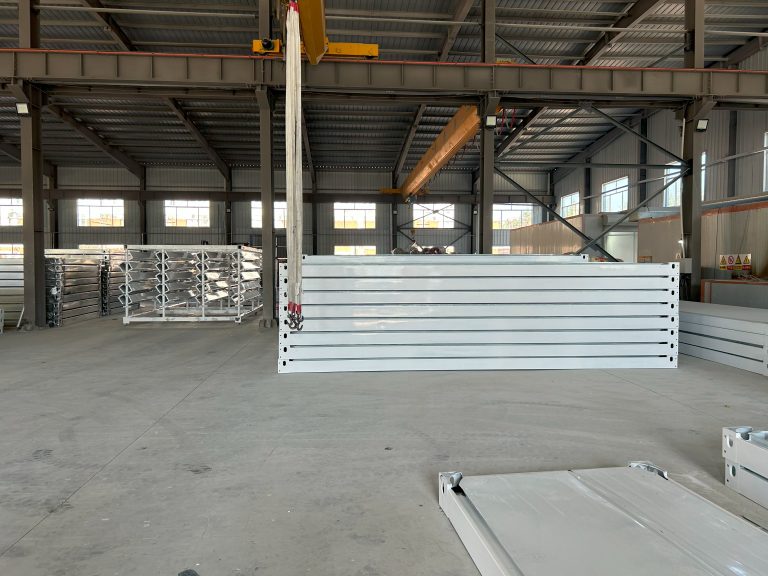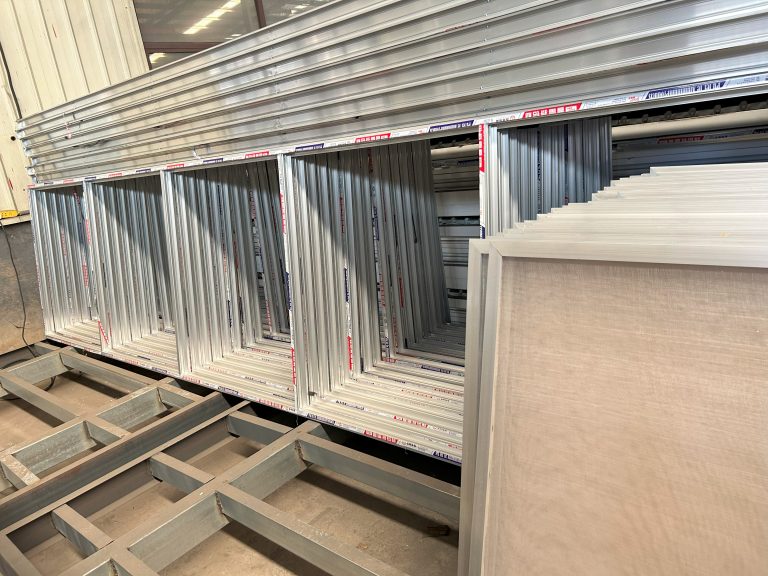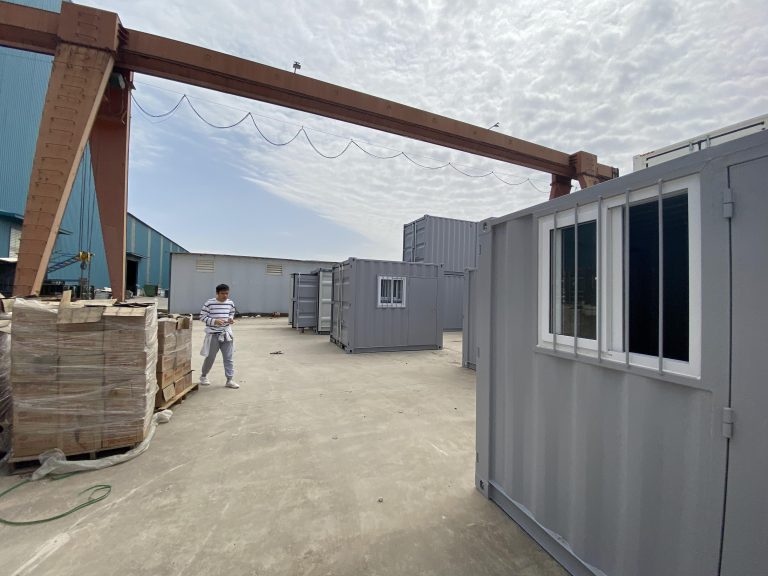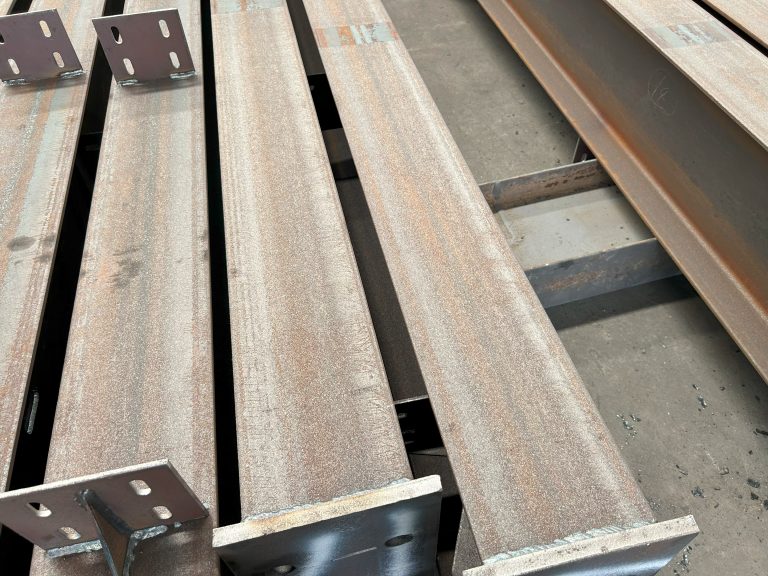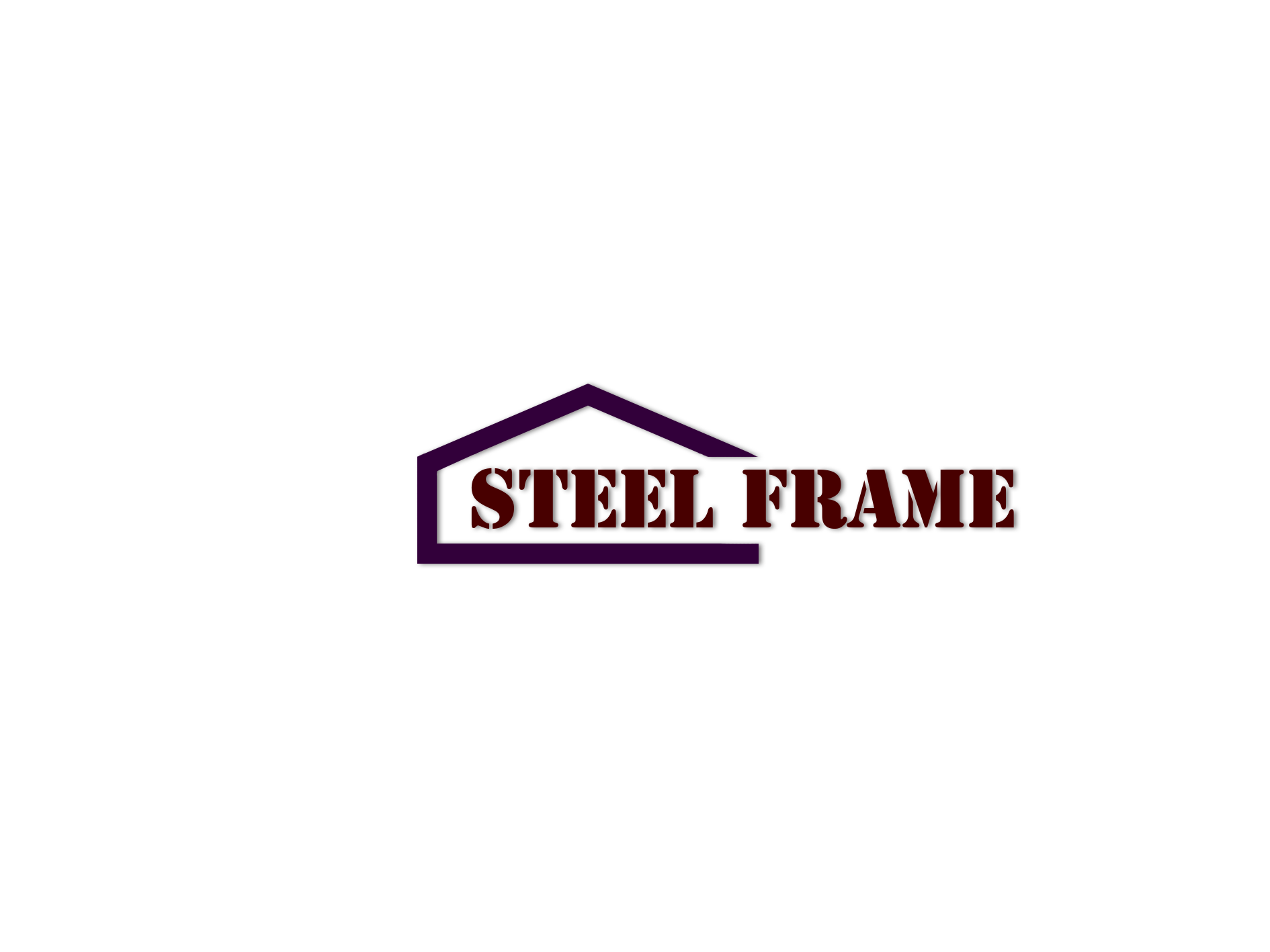Innovation of steel structure construction decision support system based on artificial intelligence
Table of Contents
Benefits of Implementing AI in Steel Structure Construction Decision Support Systems
Steel structure construction decision support systems have traditionally relied on manual processes and human expertise to make critical decisions. However, with the advancement of artificial intelligence (AI) technology, there is a growing trend towards integrating AI into these systems to improve efficiency, accuracy, and overall project outcomes. In this article, we will explore the benefits of implementing AI in steel structure construction decision support systems.
One of the key benefits of using AI in decision support systems is the ability to analyze vast amounts of data quickly and accurately. AI algorithms can process data from various sources, such as design specifications, material properties, and construction schedules, to identify patterns and make predictions. This can help project managers and engineers make informed decisions based on real-time data, leading to more efficient construction processes and better project outcomes.
Another advantage of AI in decision support systems is the ability to optimize resource allocation. By analyzing data on material availability, labor costs, and equipment usage, AI algorithms can recommend the most cost-effective and efficient ways to allocate resources throughout the construction process. This can help reduce waste, minimize delays, and improve overall project productivity.
Furthermore, AI can enhance safety in steel structure construction by identifying potential hazards and risks before they occur. By analyzing data on past incidents, weather conditions, and site conditions, AI algorithms can predict potential safety issues and recommend preventive measures to mitigate risks. This can help reduce accidents, injuries, and costly delays, ultimately improving the overall safety of construction projects.
In addition to improving efficiency and safety, AI can also enhance the quality of steel structure construction. By analyzing data on design specifications, material properties, and construction techniques, AI algorithms can identify potential defects or errors in the construction process and recommend corrective actions. This can help ensure that the final structure meets quality standards and specifications, leading to better project outcomes and customer satisfaction.
Moreover, AI can improve collaboration and communication among project stakeholders in steel structure construction. By analyzing data on project progress, milestones, and deadlines, AI algorithms can provide real-time updates and alerts to project managers, engineers, and contractors, enabling them to make informed decisions and coordinate their efforts more effectively. This can help streamline communication, reduce misunderstandings, and improve overall project coordination.
Overall, the integration of AI into steel structure construction decision support systems offers numerous benefits, including improved efficiency, safety, quality, and collaboration. By leveraging AI technology to analyze data, optimize resource allocation, enhance safety, and improve communication, construction companies can achieve better project outcomes and deliver high-quality structures to their clients. As AI continues to advance, the possibilities for innovation in steel structure construction are endless, and companies that embrace this technology will undoubtedly gain a competitive edge in the industry.
Future Trends and Developments in AI-Based Decision Support Systems for Steel Construction Industry
In recent years, the steel construction industry has seen significant advancements in technology, particularly in the realm of decision support systems. These systems, which utilize artificial intelligence (AI) algorithms to assist in the decision-making process, have revolutionized the way steel structures are designed and constructed. By leveraging the power of AI, engineers and architects can now make more informed decisions, optimize designs, and streamline the construction process.

One of the key innovations in this field is the development of AI-based decision support systems specifically tailored for steel structure construction. These systems are designed to analyze vast amounts of data, including structural requirements, material properties, and environmental factors, to help engineers and architects make informed decisions throughout the design and construction process. By utilizing AI algorithms, these systems can quickly generate and evaluate multiple design options, identify potential issues, and recommend optimal solutions.
One of the main advantages of AI-based decision support systems in steel construction is their ability to improve efficiency and accuracy. Traditional design and construction processes are often time-consuming and prone to human error. By automating certain tasks and providing real-time feedback, AI-based systems can help reduce the time and resources required for design and construction projects. Additionally, these systems can help identify potential issues early on in the process, allowing engineers to make necessary adjustments before construction begins.
Another key benefit of AI-based decision support systems is their ability to optimize designs for cost and performance. By analyzing various design options and considering factors such as material costs, structural integrity, and environmental impact, these systems can help engineers and architects create more efficient and sustainable structures. This not only helps reduce construction costs but also ensures that the final product meets the required performance standards.
Furthermore, AI-based decision support systems can also improve collaboration and communication among project stakeholders. By providing a centralized platform for sharing data and design information, these systems can help streamline communication and ensure that all team members are on the same page. This can help prevent misunderstandings, reduce conflicts, and ultimately lead to a more successful construction project.
Looking ahead, the future of AI-based decision support systems in the steel construction industry looks promising. As technology continues to advance, we can expect to see even more sophisticated systems that are capable of handling complex design challenges and optimizing construction processes. Additionally, as AI algorithms become more advanced and powerful, we may see the emergence of systems that can learn from past projects and continuously improve their decision-making capabilities.
In conclusion, the innovation of AI-based decision support systems in the steel construction industry represents a significant step forward in the way structures are designed and built. By leveraging the power of AI, engineers and architects can make more informed decisions, optimize designs, and streamline the construction process. As technology continues to evolve, we can expect to see even more advancements in this field, ultimately leading to more efficient, sustainable, and cost-effective steel structures.

